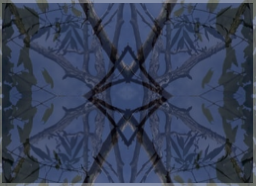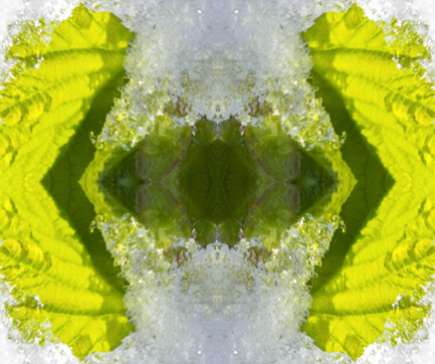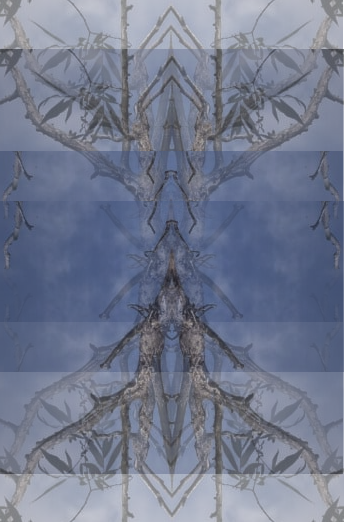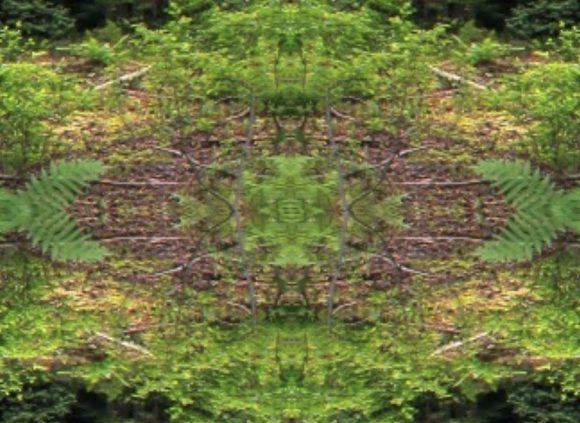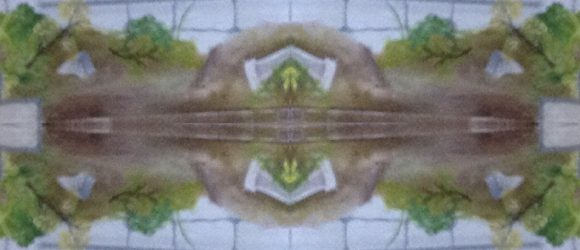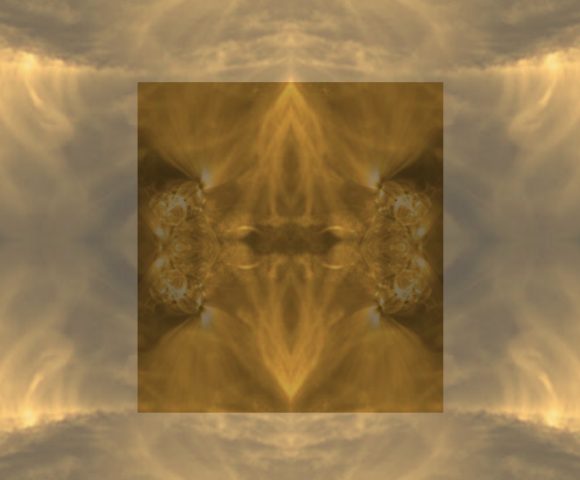
On what basis can we say that someone we encounter is “the same” as someone we’ve met before? I have discussed this in my last post, and we’ve seen that the answer will be very different if that “someone” is not an actual, embodied person, but a character we hear or read about in a text (such as, in a dream report). This should give us food for thought when it comes to dream figures that seem to...

